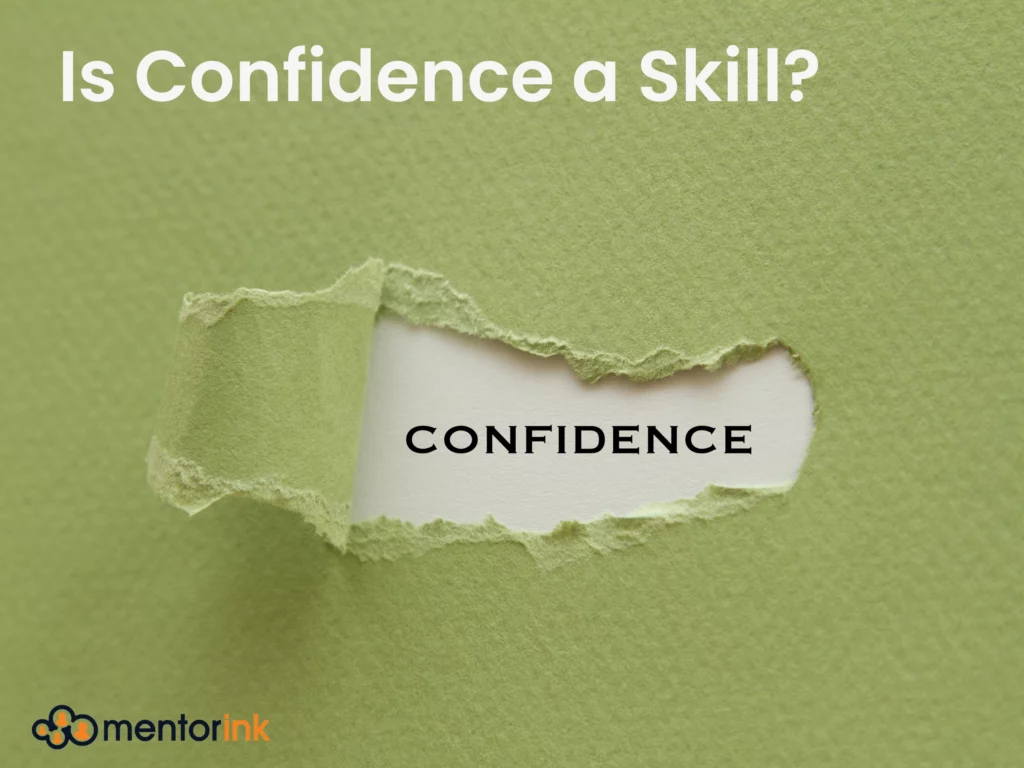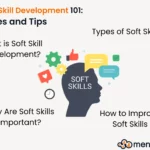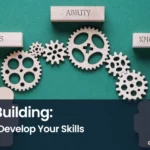
Many people believe that being confident is something that comes naturally, yet it is something that can be learned and improved over time. Confidence is essential in how we interact with the environment, whether in social circumstances, at business, or during personal development.
What is Confidence?
Confidence can be often seen as a way of believing in your abilities and judgment. In fact, it is the feeling that you get that you can handle whatever comes your way, make the right decisions, and succeed in your endeavors.
Some people are naturally confident, but this isn’t just something you’re born with. With different ways this skill can be developed over time by the help of experience, learning, and practice. People often confuse this with arrogance, but true confidence comes from being competent and having a realistic view of your abilities. You don’t have to be perfect to be confident. So having the skill of this is about knowing you can handle both successes and setbacks.
Is Confidence a Soft Skill?
Yes, being confident can be considered as a soft skill. Gaining soft skills can be described as how you interact with others and manage your environment, and confidence is right at the heart of being able to do that. These skills help you express yourself clearly, manage stress, take risks, and lead others effectively.
On the other hand, hard skills are more technical and specific, like coding, accounting or skills about the work . But soft skills like being confident are more abstract and versatile, applying to a range of scenarios. No matter whether you’re giving a presentation, working on a team, or even in a leadership position, this is a key factor in how you perform in those places.
For example, in the workplace, it can help you communicate better, make better decisions, and lead more effectively. People who seem confident tend to be more persuasive, trustworthy, and effective in team dynamics. This assists you stand up for your ideas and take the initiative, which is why it’s so highly valued in the workplace.
How to Build Confidence?
Building confidence doesn’t happen immediately, but you can definitely make improvements with some consistent effort.
Practicing Self-Compassion
It’s critical to be kind to oneself. Much self-criticism might have a negative impact on your confidence. Beginning by being a little friendlier to yourself. Being honest about your faults without being overly harsh on yourself. Keep in mind that failing is a necessary component of learning.
Setting Realistic Goals
One way to boost this is to set and achieve short-term, achievable objectives. Every success, no matter how minor, boosts your confidence and strengthens your belief in your talents.
Eliminating of Negative Feelings
Like practicing self-compassion, eliminating negative feelings can be seen as an important way to build this.Learning to challenge and reframe negative thoughts is key to building it.Instead of thinking, “I’ll fail,” try asking yourself, “What’s the worst that could happen?”Changing your mindset can help you feel less afraid and more confident.
Constant Learning Skills
One of the quickest ways to build your confidence is by improving your competence in specific areas. It doesn’t matter if you learn new skills through formal education, online courses, or hands-on experience—gaining new skills can really boost your confidence.
Body Language is the Key of Confidence
Your posture, eye contact, and even the way you walk can influence how confident you appear. The proper body language can boost your confidence and give others the impression that you are confident. Standing up straight, making eye contact, and speaking properly will create the impression that you are confident.
Why Is Self-Confidence Important?
So, why is self-confidence so crucial, and why do people spend so much time trying to cultivate it? The answer lies in the profound impact confidence has on various aspects of life, from personal relationships to career success.
Self-Confidence Improves Mental Health
Lack of confidence can result in self-doubt, worry, and gloom. If you have a high level of this feeling, you are more likely to handle stress well, remain positive, and be adaptable when things do not go your way.
Confidence Provides Better Relationships with Others
Having more self-confidence may enhance your personal relationships. This is because it allows you to communicate more clearly, feel less nervous and treat others with greater respect. Confident people are more inclined to set boundaries and ensure their needs are addressed in relationships, resulting in healthier interactions.
Leadership and Influence Comes with Confidence
Confidence is vital for leadership skills. Leaders that are confident in their talents inspire others, make bold decisions, and lead their teams with conviction. Lack of this can cause hesitancy and poor decision-making, which can be damaging to the team or the firm.
To sum up, being self-confident is something really important for everything from personal growth to career success. It can help you perform better, improve your mental health, and develop leadership abilities.


